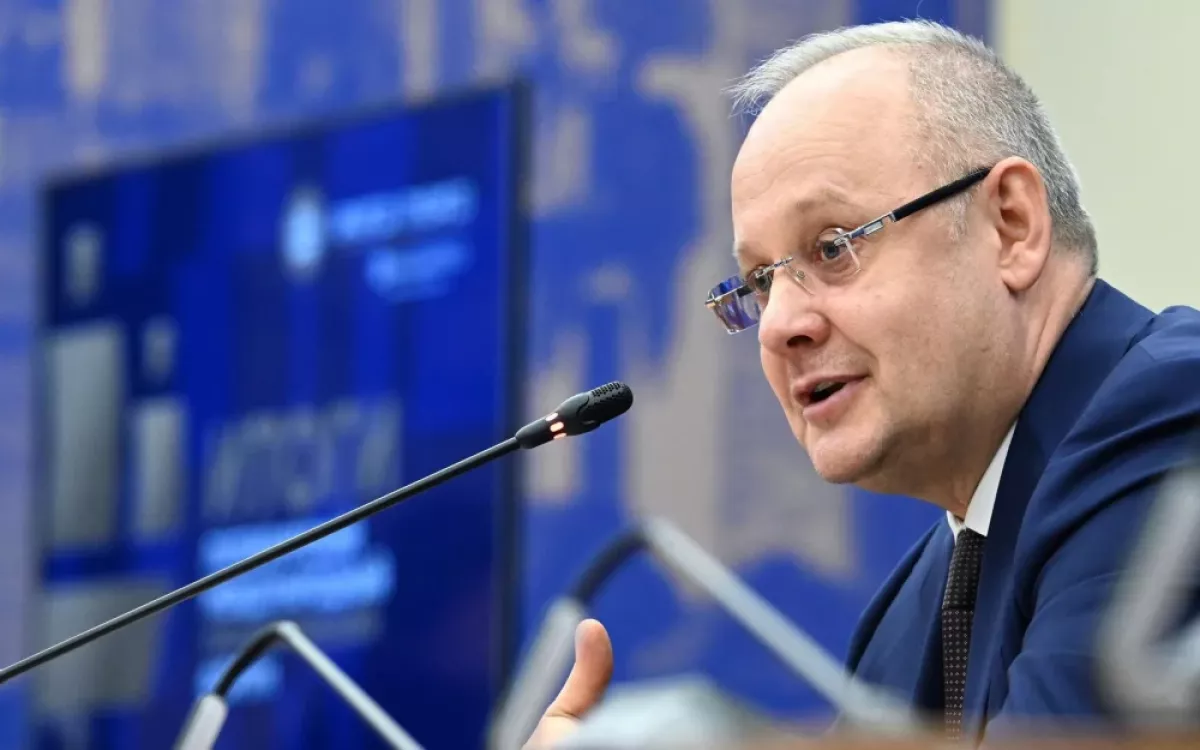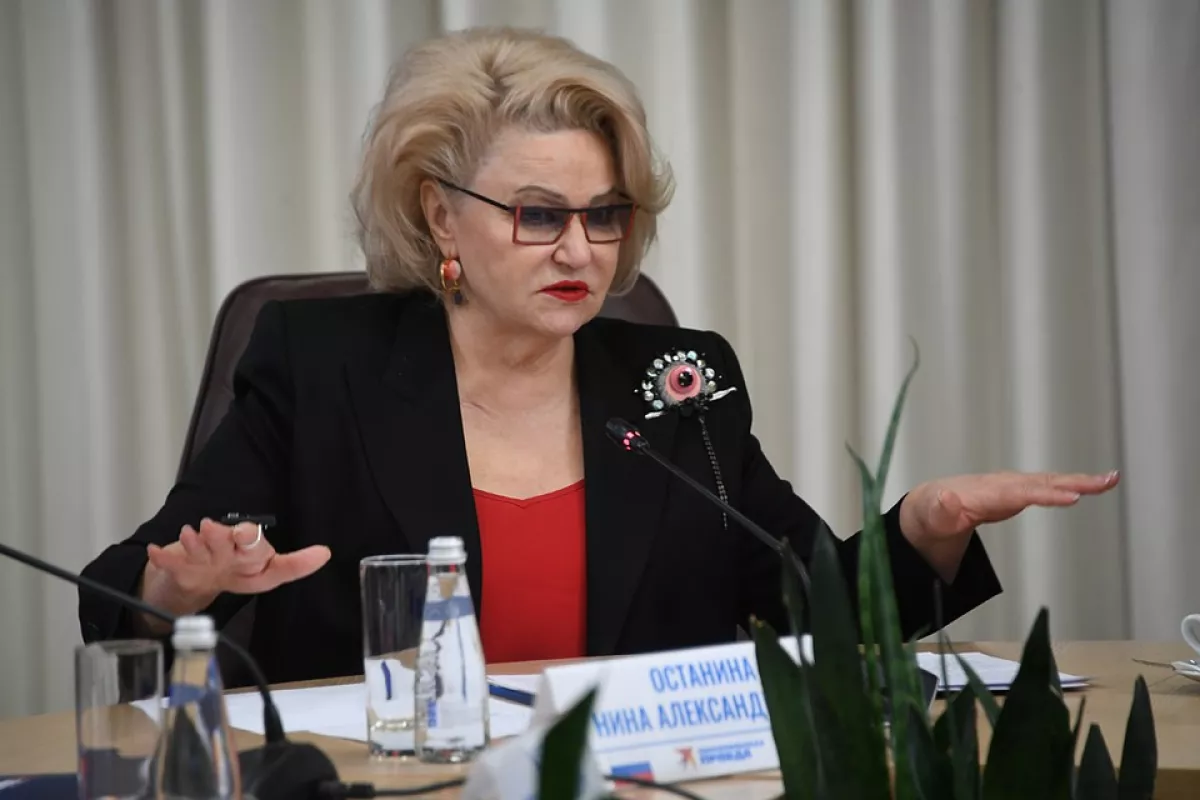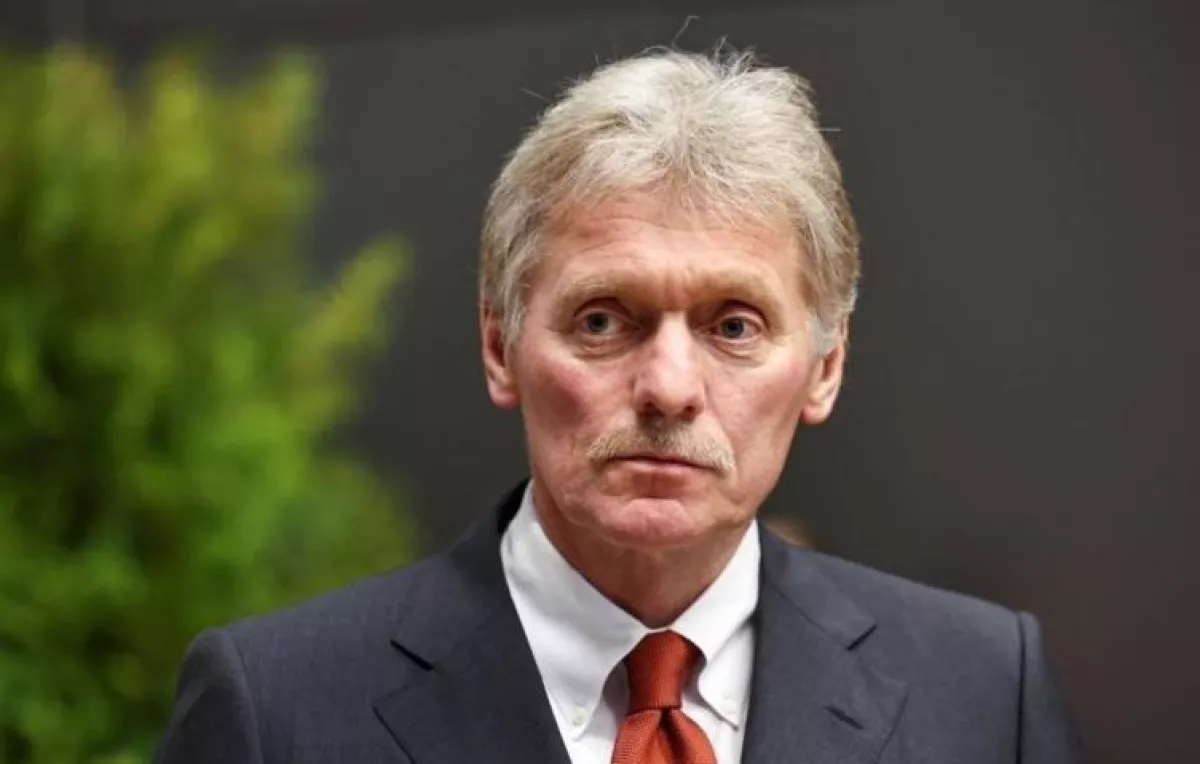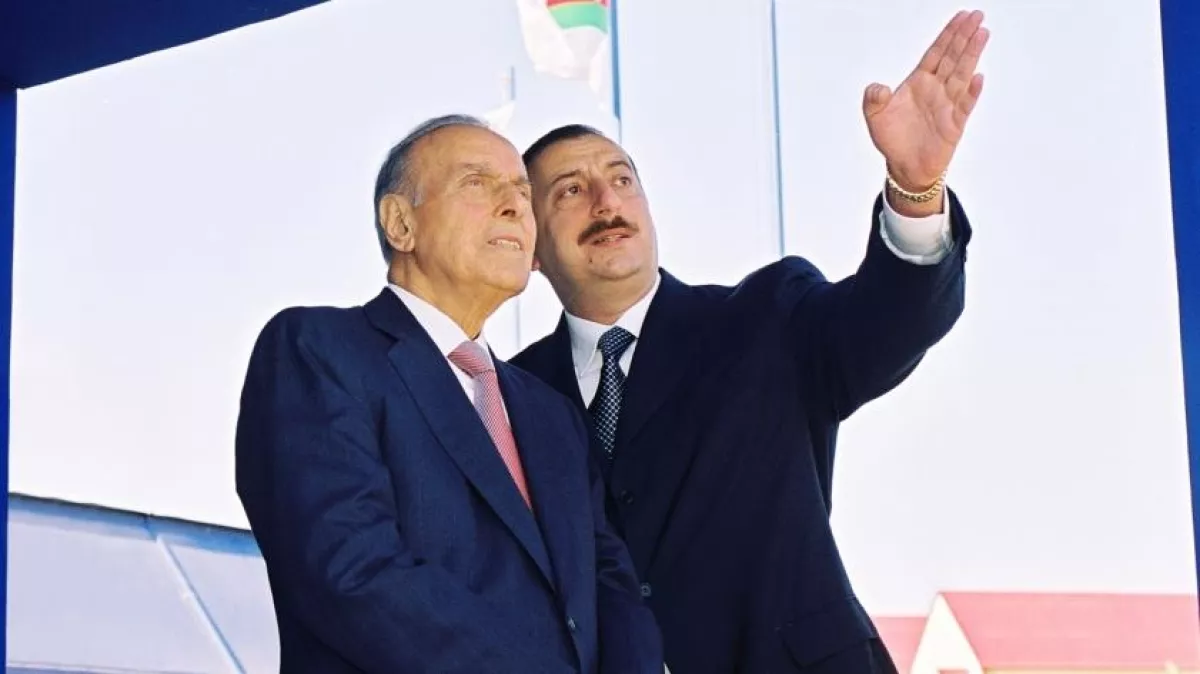Phantom of the USSR 2.0 Kremlin nostalgia turns political
In recent days, certain politicians in Russia have, as if on command, moved beyond mere nostalgia for the Soviet Union and started voicing what they consider to be ideological "justifications" for the "legal invalidity" of the USSR’s dissolution. The fact that such views are expressed one after another by representatives of the Russian political establishment, including the legislative branch of the Russian Federation, clearly indicates a significant "internal preparation" on this matter. It is impossible to interpret these developments otherwise.
First, the advisor to the Russian president, Anton Kobyakov, stated that "the USSR legally still exists somewhere." However, without revealing where exactly this "somewhere" might be, Kobyakov supported his claim by referring to some anonymous "constitutional law experts, including those in Western countries, in the USA, in France."

That’s quite surprising, to say the least. Despite the strongest and ongoing criticism of the Western world in recent years, Russian officials have suddenly decided to rely on the opinion of the so-called “decadent” West. Perhaps they were reminded of the famous phrase from The Twelve Chairs: “The West will help us. Stand firm! Contributions-I mean the organization-will be strictly secret.” Maybe that’s what came to mind. Unless, of course, they were inspired by the title of the song Back in the USSR from the legendary Beatles’ White Album.
Regardless, this reliance on Western experts regarding the so-called “existence” of the USSR at the present time has become a talking point. As Anton Kobyakov specified, these Western specialists “say this because the procedure of the so-called dissolution of the USSR was violated. And if [it] was violated, then legally the USSR still exists.”
In response to these statements, Nina Ostanina, member of the Central Committee of the Communist Party of the Russian Federation and chairwoman of the State Duma Committee on Family Protection, Fatherhood, Motherhood, and Childhood, expressed her “absolute agreement” with the president’s advisor. In her view, “from legal, political, and even human perspectives, in essence, the cessation of the Soviet Union’s existence was unlawful.”

Overall, the trend of stirring public opinion along the lines of the Beatles’ song title has been quite noticeable well before this week.
For example, back in April 2025, at the international forum “Great Heritage — Common Future” in Volgograd, Russian President Vladimir Putin highlighted the creation of a new architecture of “equal and indivisible security” that would reliably protect all states without compromising the interests of others. He especially emphasised the importance of this issue “for Eurasia,” since “our shared continent should become a space of peace and stability, an example of sustainable economic, social, and humanitarian development.” Surely, this statement’s intent needs little additional commentary.
Notably, in 2023, Dmitry Peskov, the press secretary for the Russian president, declared the restoration of the USSR impossible. Peskov elaborated: “President Vladimir Putin said that the one who does not regret the Soviet Union has no heart, but the one who wishes to restore the Soviet Union has no head. I believe this is the most comprehensive explanation of the attitude toward those who talk about restoring the USSR. It is impossible.”
However, Peskov also mentioned that various forms of integration could be applied across the post-Soviet space, citing the Union State of Russia and Belarus as an example. Yet he concluded that “this in no way constitutes a return to the Soviet Union nor any attempt at its restoration.”

Thus, the idea has been voiced. The trend is clear. But where are the answers to the questions? And there are so many of them. Simply put—who exactly, and how, do the authors of the Back in the USSR idea (ah, those relentless, talented Beatles…) plan to return there? On what basis and under what slogan? Perhaps through Russian-style bathhouse assaults on Kyrgyz migrants? Or by instructing the Uzbek side to inscribe monuments in Russian—without, at the same time, taking any initiative to do the same in Russia by translating inscriptions into the languages of those “close and dear” peoples?
Let’s stop at just these two questions, without even bringing up how, in certain Russian cities, people once referred to residents of the South Caucasus and Central Asia with openly racist slurs.
That said, since this trend seems to be developing not just by the day but by the hour, one can reasonably expect new justifications from members of the Russian political establishment for making Back in the USSR the central slogan of Russia’s ideological platform. Which, frankly, wouldn’t be a problem, because—as the famous song by Mashina Vremeni goes:
Everyone, surely, has the right
To what’s on the left and what’s on the right.
But at the same time, it is important not to forget that this very right to choose must belong to everyone, mustn’t it? Including when it comes to evaluating the events surrounding the disappearance of the USSR from the world’s political map. In this light, we find it essential to recall the position voiced by National Leader Heydar Aliyev in his first address following his election as Chairman of the Supreme Council of Azerbaijan on 15 June 1993.
On that day, first and foremost, he called on everyone not to doubt that “I will dedicate the remainder of my life solely to the development of the Republic of Azerbaijan as an independent state.” Therefore, “no matter what happens, Azerbaijan will never lose its independence, will never again become part of any state, and will never fall under the authority of another state.”
The National Leader then went on to state the following (quoted verbatim): “There are certain rumours and opinions circulating about the restoration of the former Soviet Union, and the possibility of the Republic of Azerbaijan joining it. All of this is a utopia. I reject these ideas and call on all citizens of Azerbaijan to do the same. Our Republic faces great and difficult challenges. To ensure independence and sovereignty, the territories of the Republic of Azerbaijan occupied by Armenia must be returned. The territorial integrity of the Republic of Azerbaijan must be restored, the war must be stopped, and peace must be established. The citizens of the Republic of Azerbaijan must live in peace and prosperity and build their state the way they themselves wish. Therefore, this issue is of utmost importance. Thus, the state independence of the Republic of Azerbaijan is the highest priority!”

Said — done! President of Azerbaijan Ilham Aliyev, as the political successor of Heydar Aliyev, has brilliantly fulfilled — in unity with the Azerbaijani people — the goals set forth by the National Leader. In this regard, let us once again highlight, in capital letters, the most important of them for all interested parties:
“THE STATE INDEPENDENCE OF THE REPUBLIC OF AZERBAIJAN IS THE HIGHEST PRIORITY!”
And on that note, let us add another well-deserved exclamation mark!








